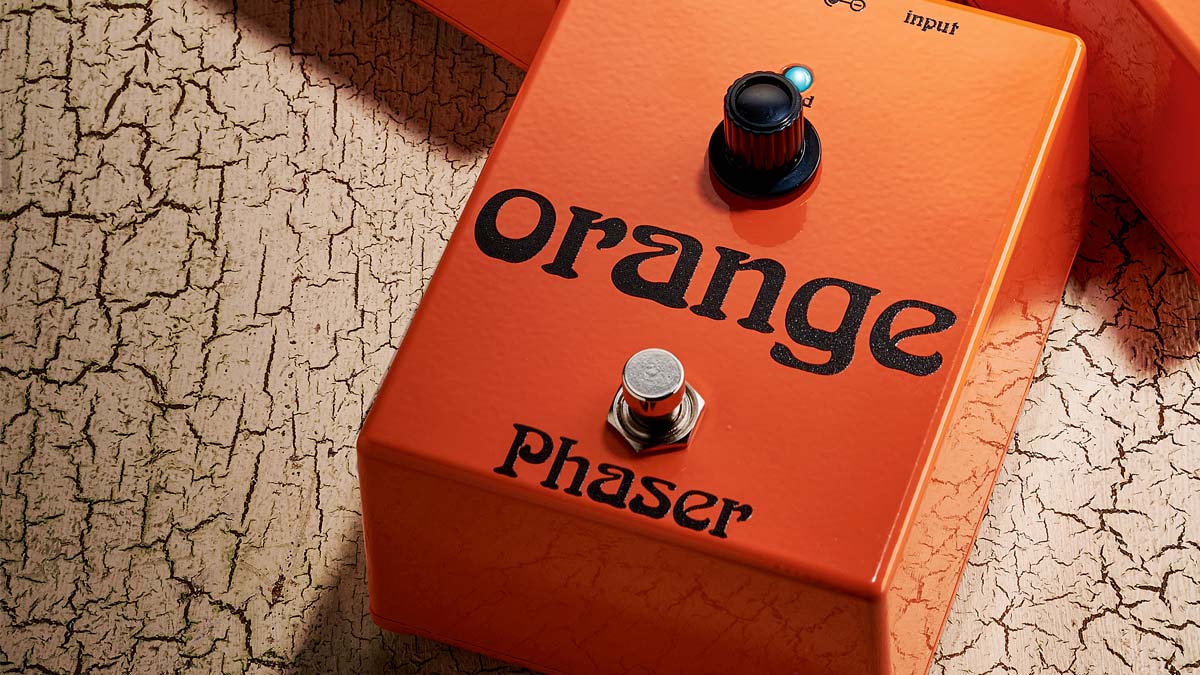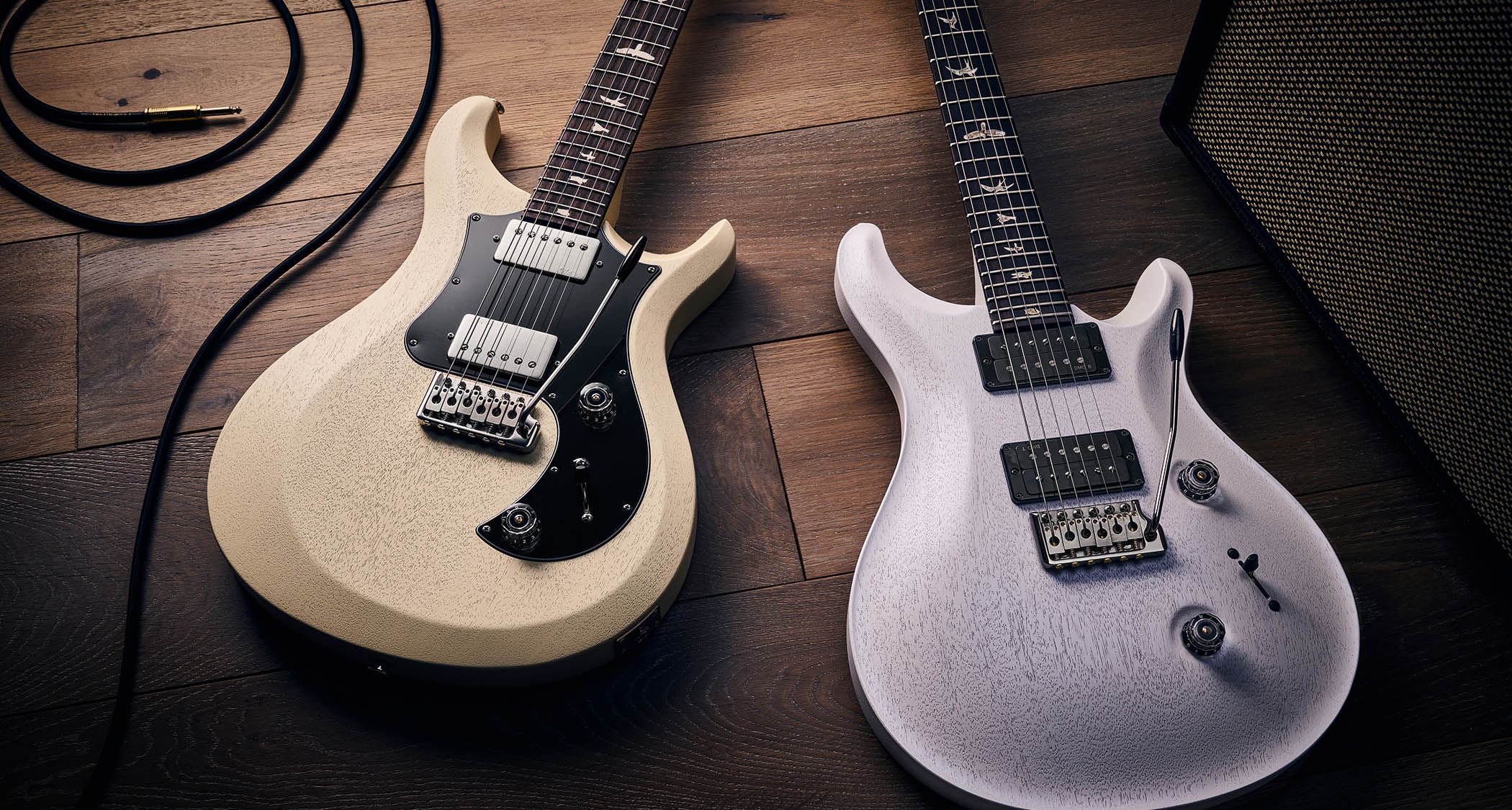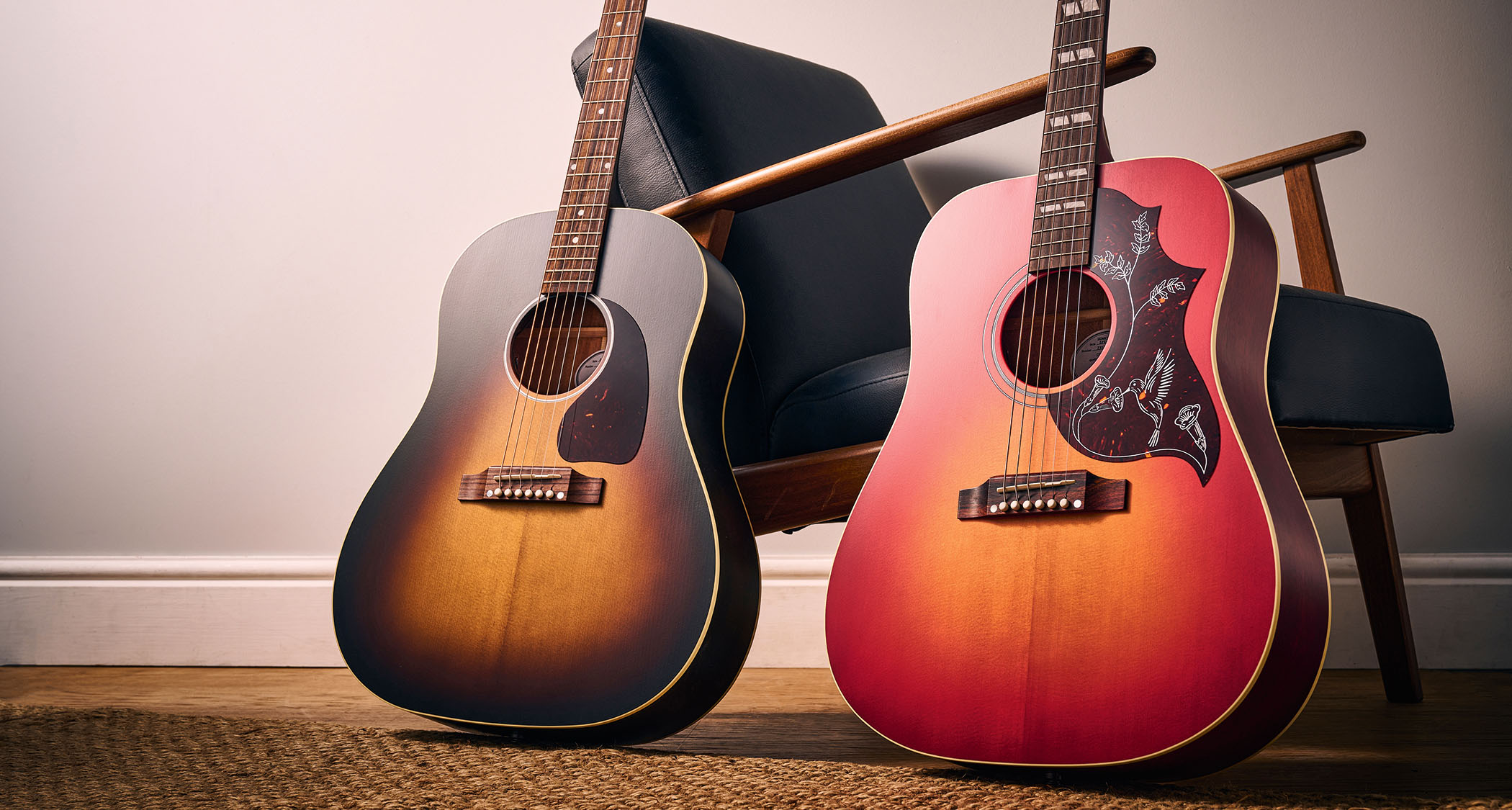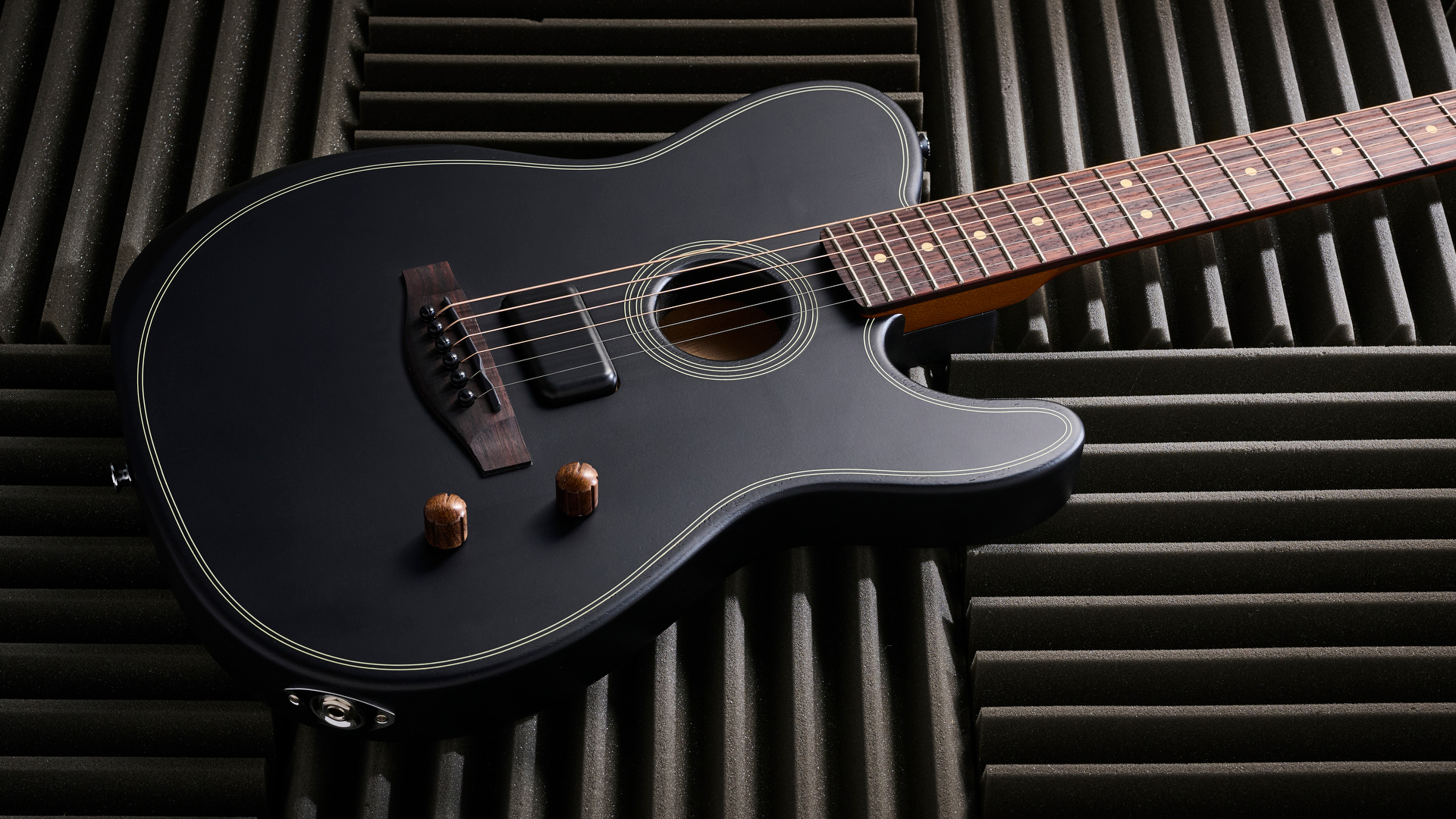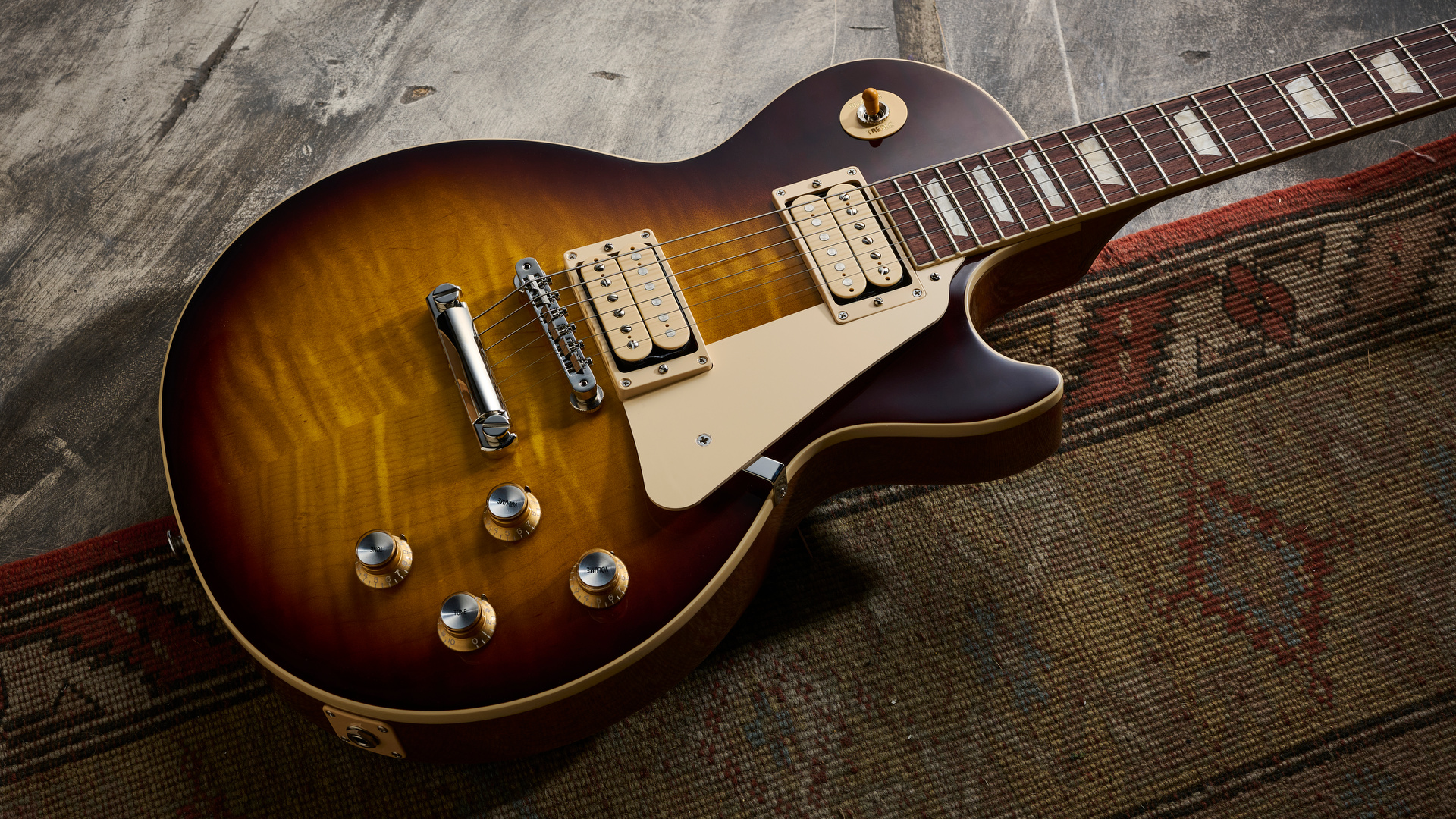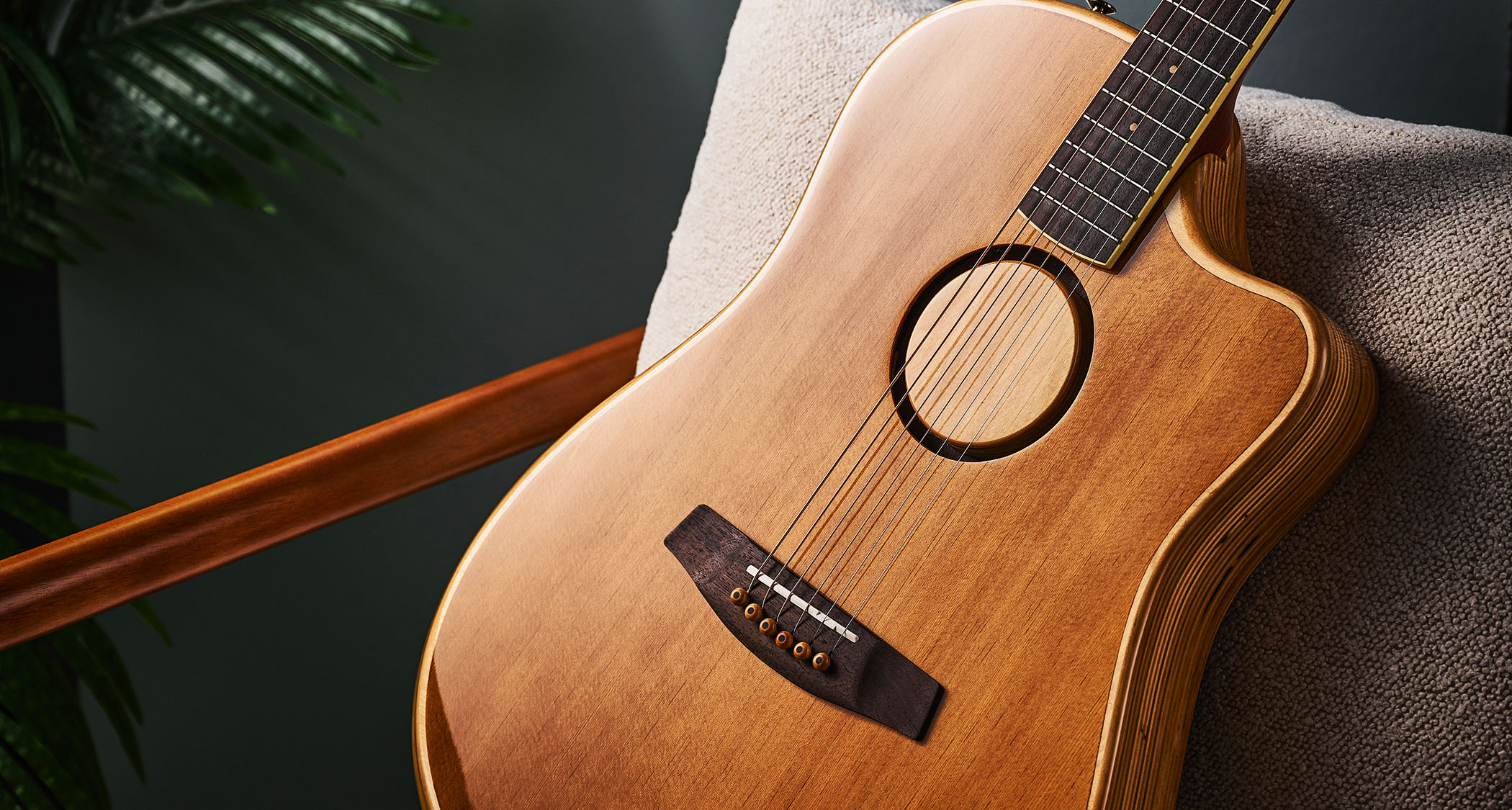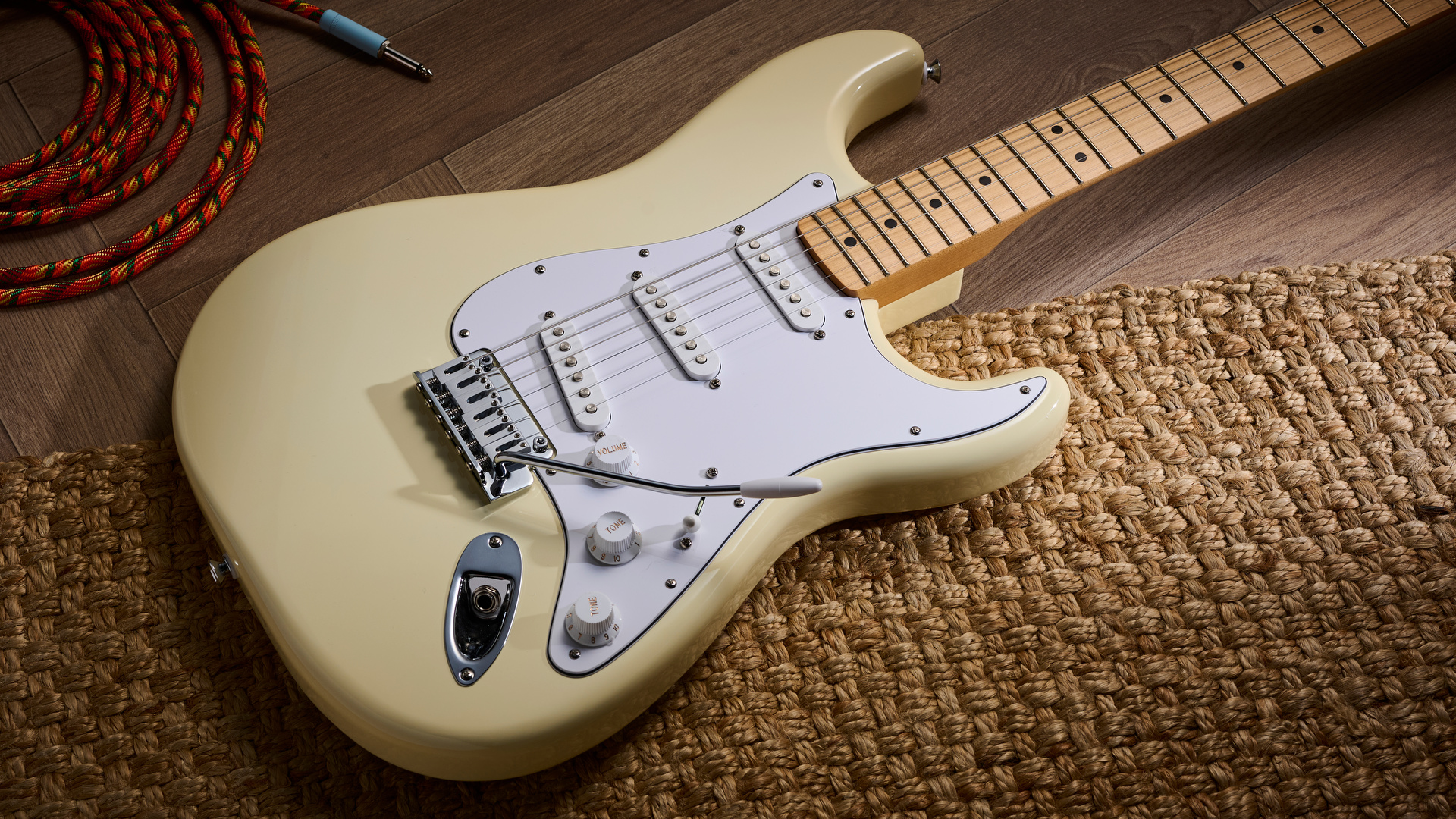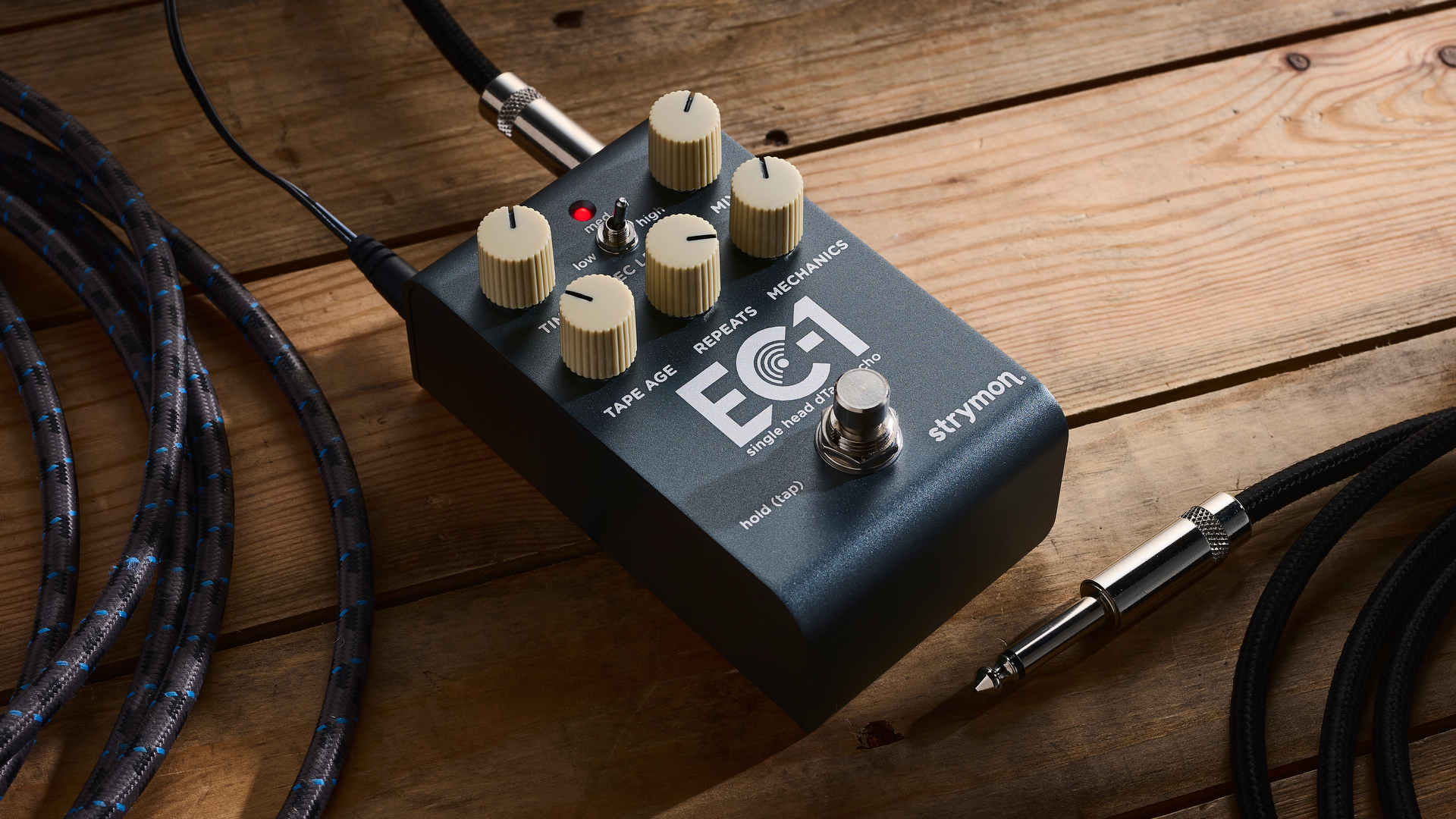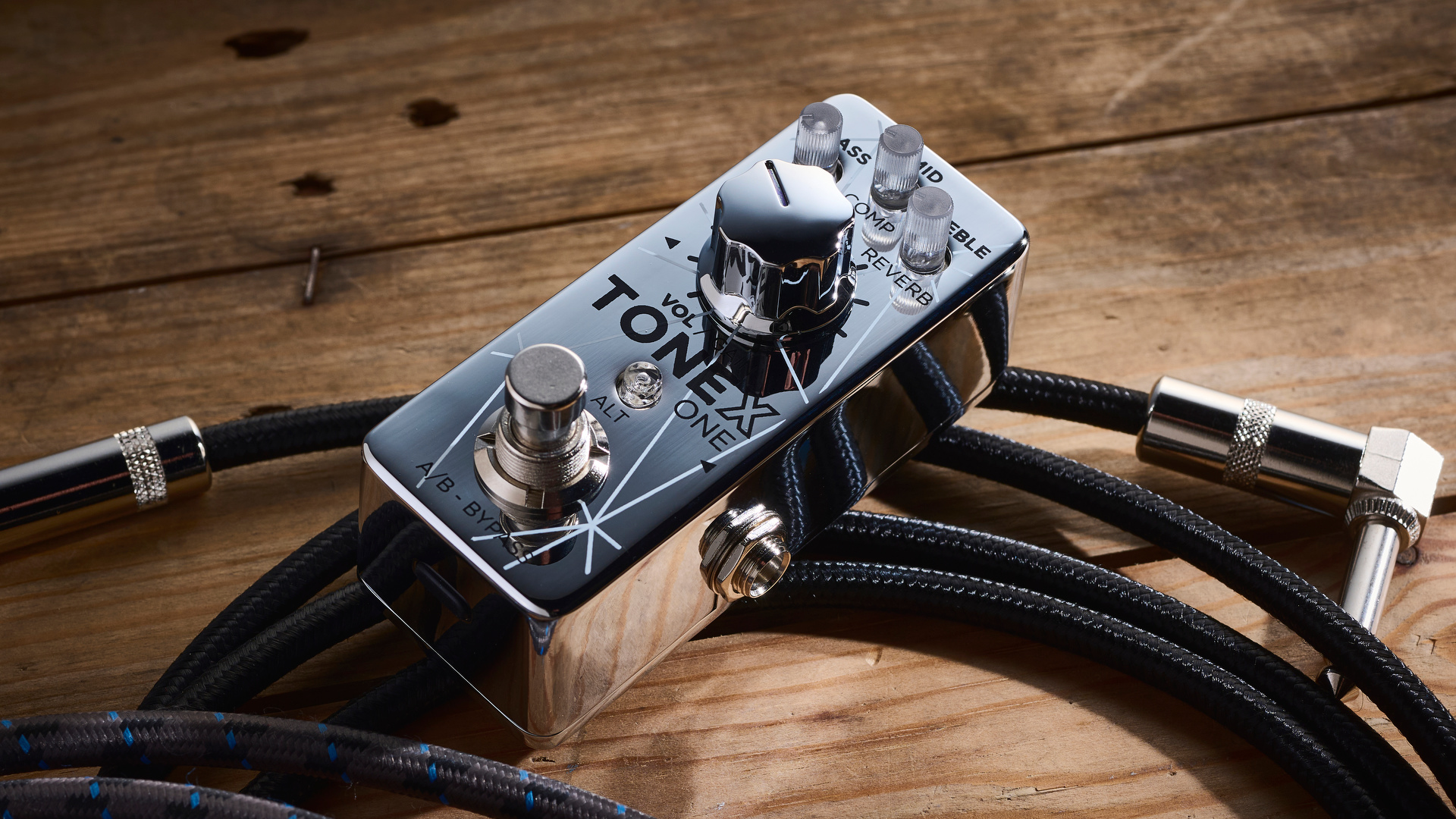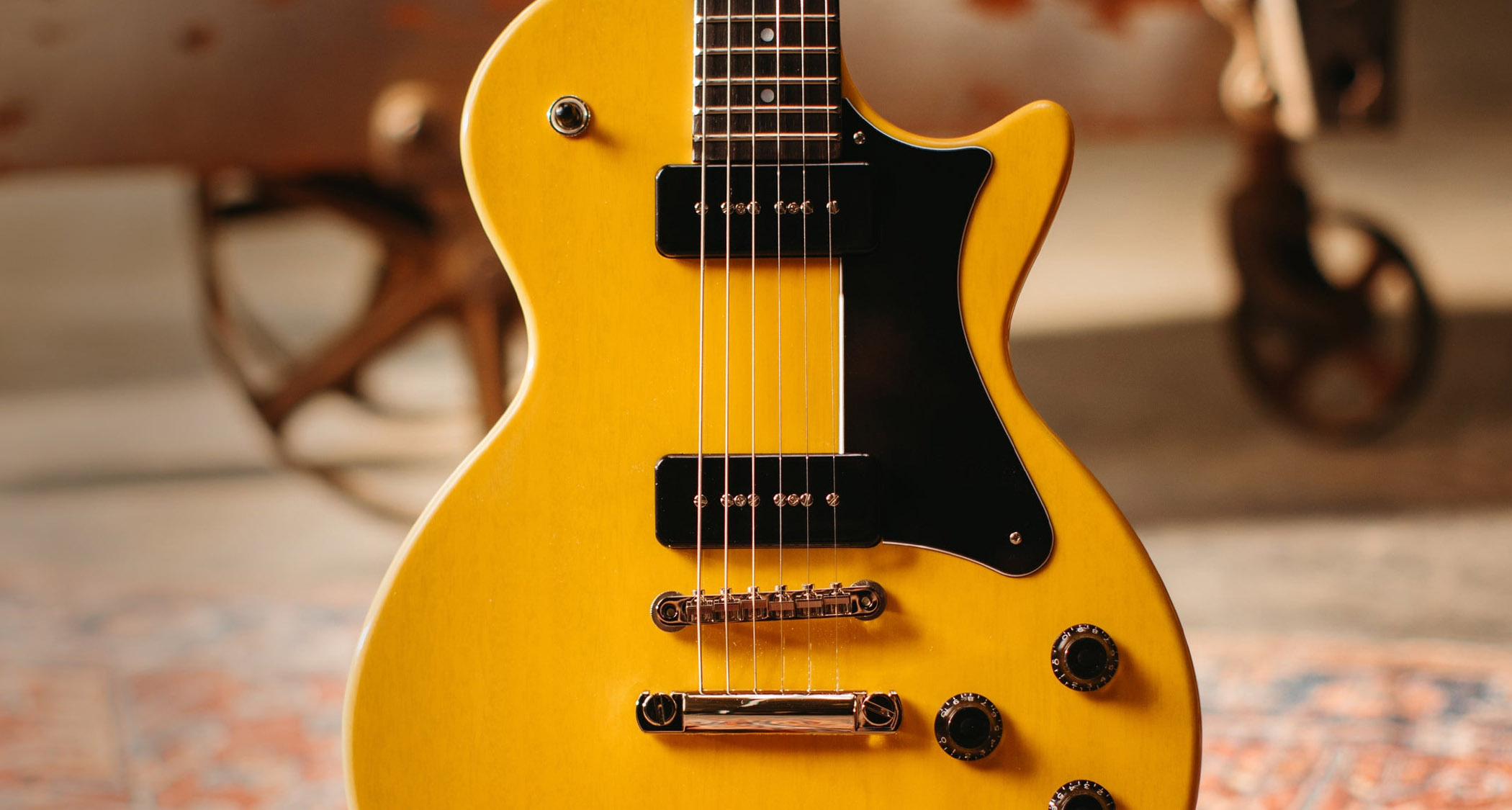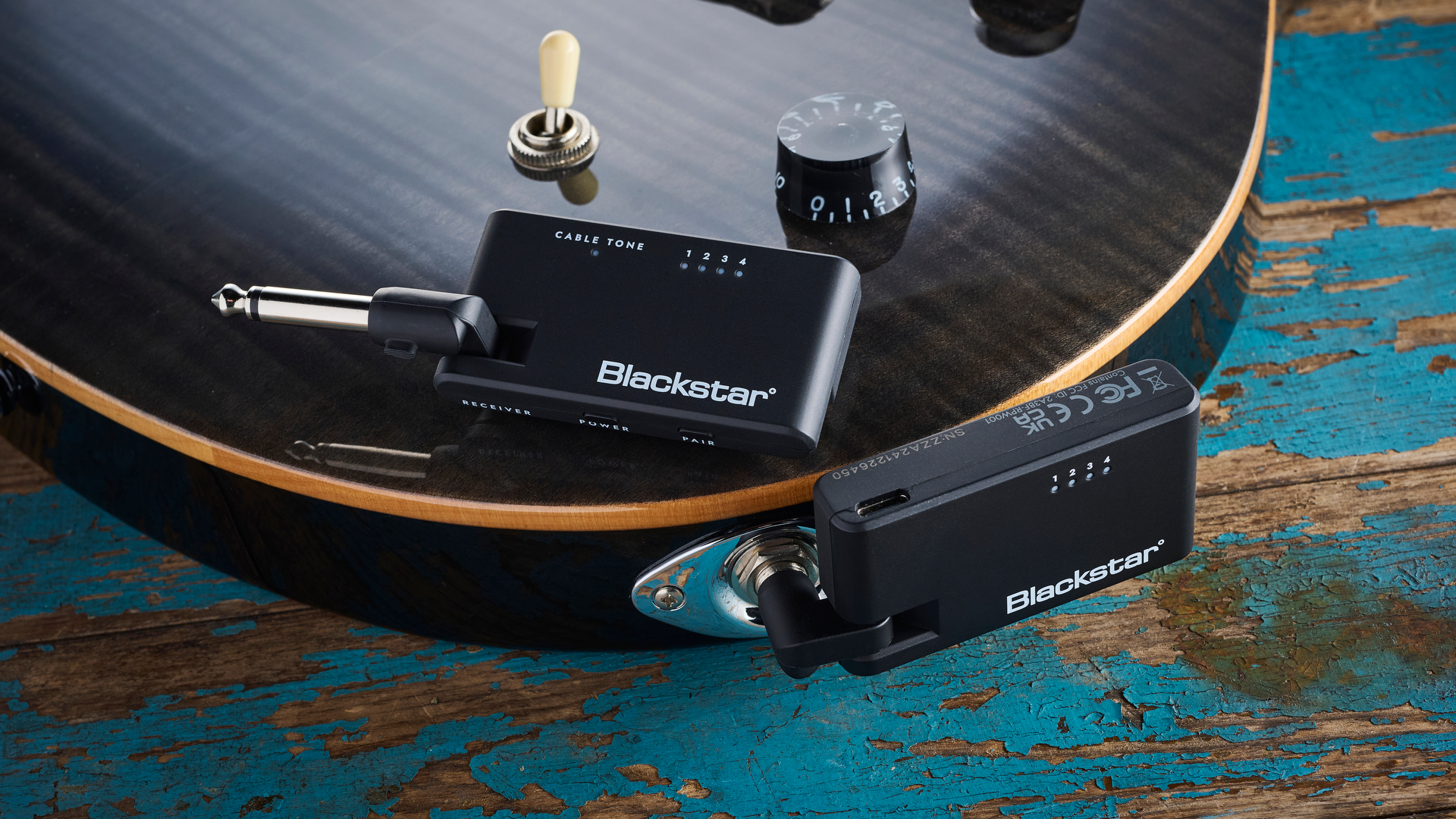Guitar World Verdict
Orange is rewarded for its trip into the archives with a super-simple phaser to rival counterparts from MXR and EHX.
Pros
- +
Simple single-knob operation.
- +
Great 70s phaser sounds.
Cons
- -
Size still could be an issue for some with less pedalboard space.
You can trust Guitar World
One of the great British guitar amp brands, Orange has a practical modern range of pedals including the Fur Coat, Two Stroke, and others. But what is perhaps less well known is the fact that the company had a series of pedals way back in the 1970s – the Phazer, Sustain and Distortion.
These units weren’t produced in large quantities and are now very rare. Roll on to a couple of years ago and some photos of these turned up in online message boards, prompting something of a clamor on Orange’s Facebook pages for them to be reissued. Orange responded by digging out some original schematics – complete with 40-odd-year-old tea stains – but didn’t have any actual pedals.
Consequently, the company put out a request via its social media channels to chase down examples of the pedals and find out directly from owners what the playing experience and sound were like. The upshot here is that all of this information was passed on to Orange designer Ade Emsley, who came up with this set of three same-size recreations that sport the vintage orange color scheme and Art Nouveau typography.
While being based on their vintage counterparts, these UK-made pedals aren’t exact clones; they are essentially upgrades that fulfil the same functions with improved performance and modern features, such as LEDs and nine-volt input sockets, with the socketry on the front, allowing close side-by-side placement.
All three can run from battery power if desired, but considering that most users these days use nine-volt adaptors, Orange didn’t want battery clips flapping about so the company has made a battery clip an after-market addition that can be easily soldered into place. The pedal's height offers just the right amount of space for a PP3 to naturally be held firmly in place once the four-screw baseplate has been reattached.
The construction of the pedals appears extremely solid with hard-wired footswitches directly fixed to the chassis rather than attached to a PCB, so switch replacement at some point in the future would be a simple task.
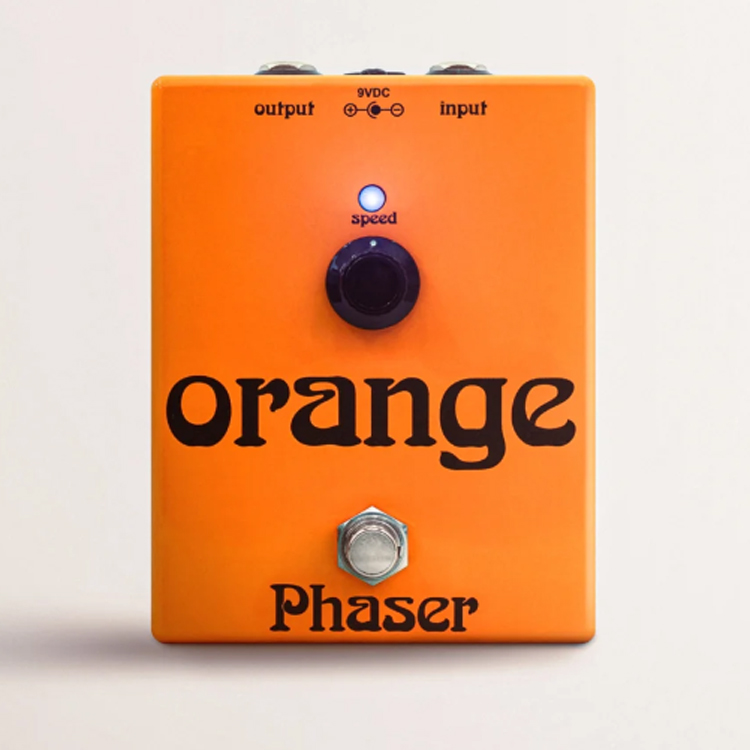
There’s a neat simplicity to the idea of a single-knob phaser – if the sound is there, all you need is a Speed knob. Indeed, MXR’s classic Phase 90 is exactly that, and there are similarities between that unit and this new Orange pedal, which is likewise a four-stage phaser.
Orange seems to have dialed this one in just right. The sound is exactly what you’d expect from a vintage 1970s phaser and compared very favorably in an A/B setting with our vintage Phase 90 and EHX Small Stone.
There’s quiet operation and a great range, from a languid slow shift through to the warble of a Leslie cabinet at full pelt. If you’re looking for some authentic '70s phaser sounds, you’ll find them in this gorgeous-sounding pedal.
Verdict
Orange has done a great job with a pedal that has the look of the original while bringing it right up to date with features that current pedal users would expect as standard.
While that retro look and bulk will appeal to a certain set of users, others may consider the size a little too clunky in these days of taking advantage of every inch of pedalboard real estate – but that’s a personal choice. Overall, it’s a welcome return.
Specs
- PRICE: $249 / £199
- ORIGIN: UK
- TYPE: Phaser pedal
- FEATURES: True bypass, LED indication of gain reduction
- CONTROLS: Speed, Bypass footswitch
- CONNECTIONS: Standard input, standard output
- POWER: 9V DC adaptor (not supplied) 17mA
- DIMENSIONS: 93 (w) x 120 (d) x 75mm (h)
- CONTACT: Orange Amps
Trevor Curwen has played guitar for several decades – he's also mimed it on the UK's Top of the Pops. Much of his working life, though, has been spent behind the mixing desk, during which time he has built up a solid collection of the guitars, amps and pedals needed to cover just about any studio session. He writes pedal reviews for Guitarist and has contributed to Total Guitar, MusicRadar and Future Music among others.
“The original Jordan Boss Tone was probably used by four out of five garage bands in the late ’60s”: Unpacking the gnarly magic of the Jordan Boss Tone – an actual guitar plug-in that delivers Dan Auerbach-approved fuzz
“This is a powerhouse of a stompbox that manages to keep things simple while offering endless inspiration”: Strymon EC-1 Single Head dTape Echo pedal review
